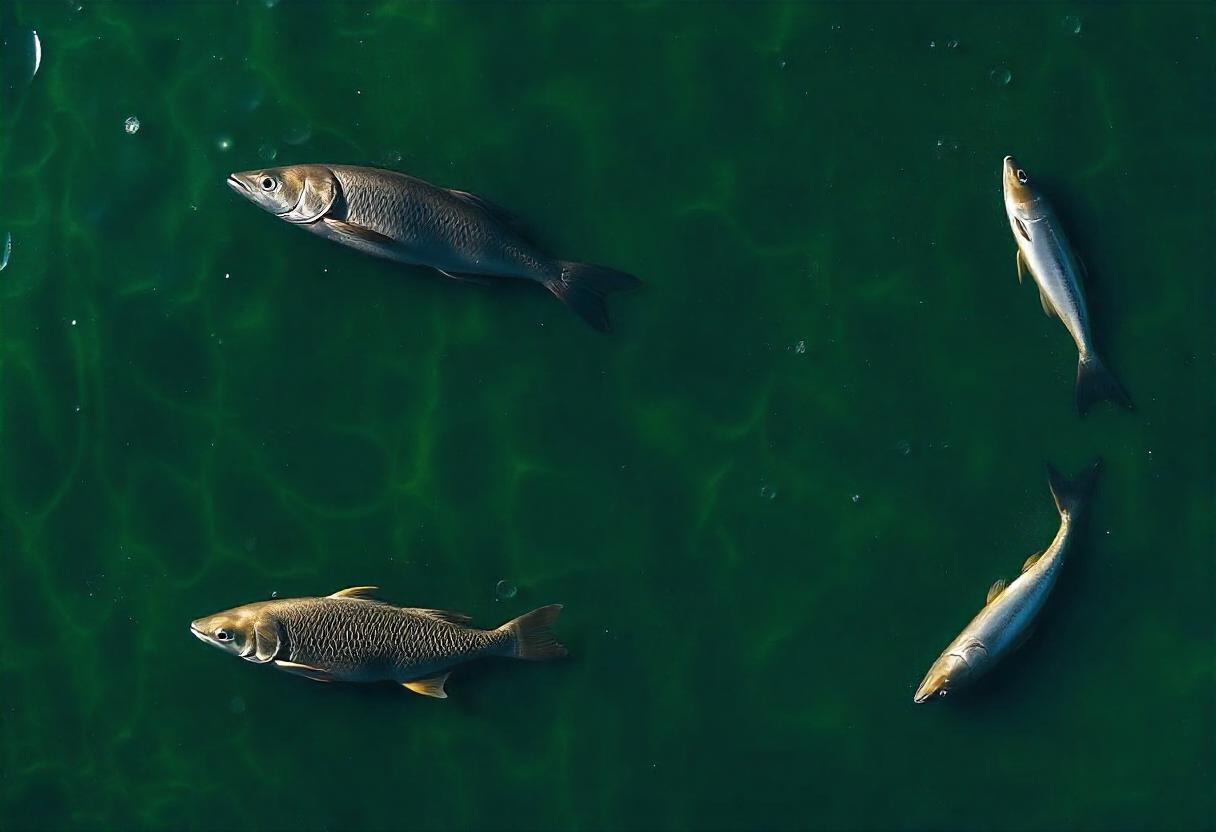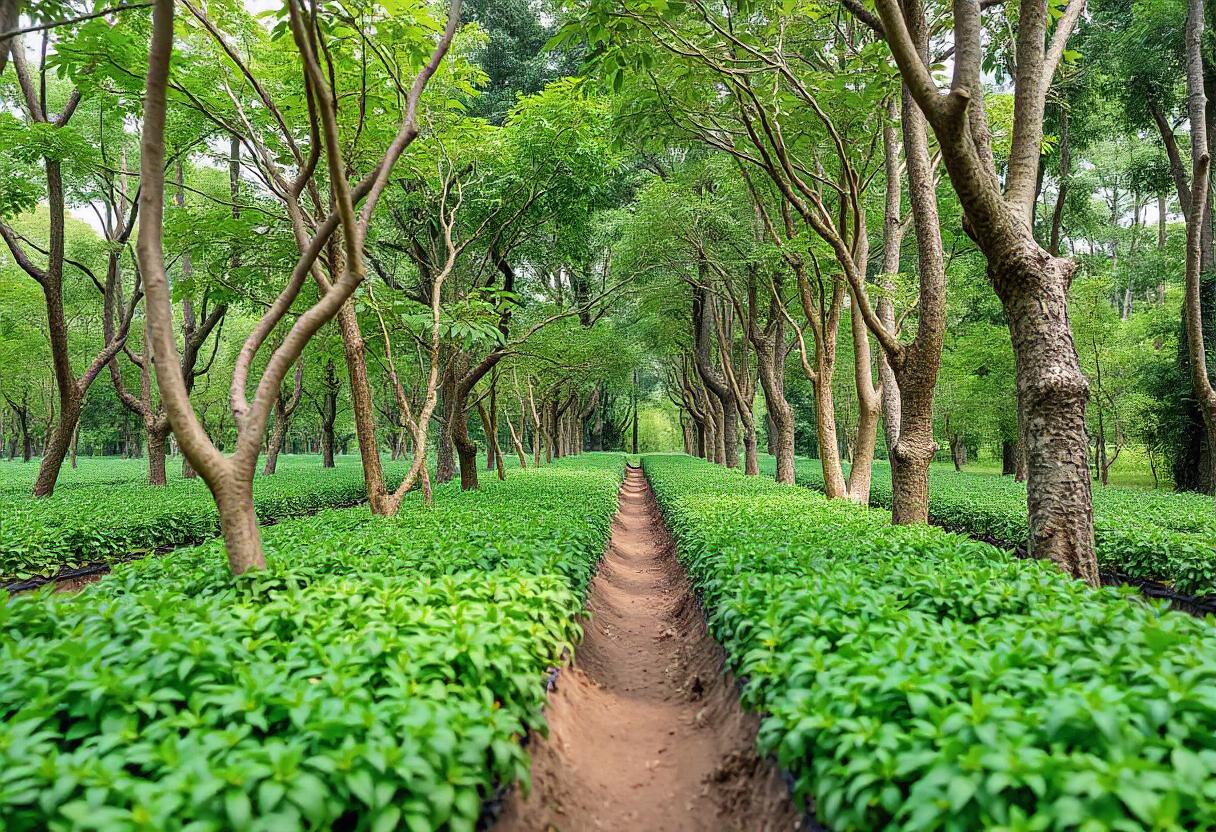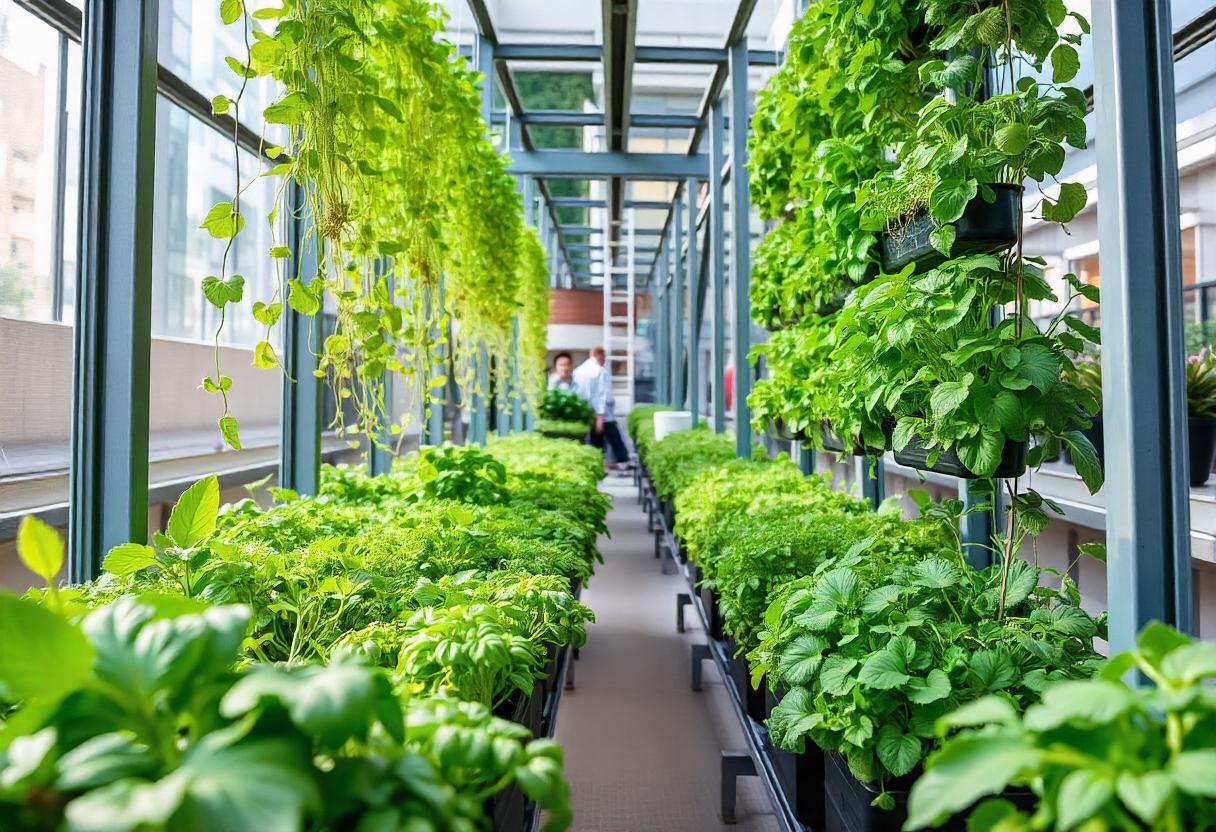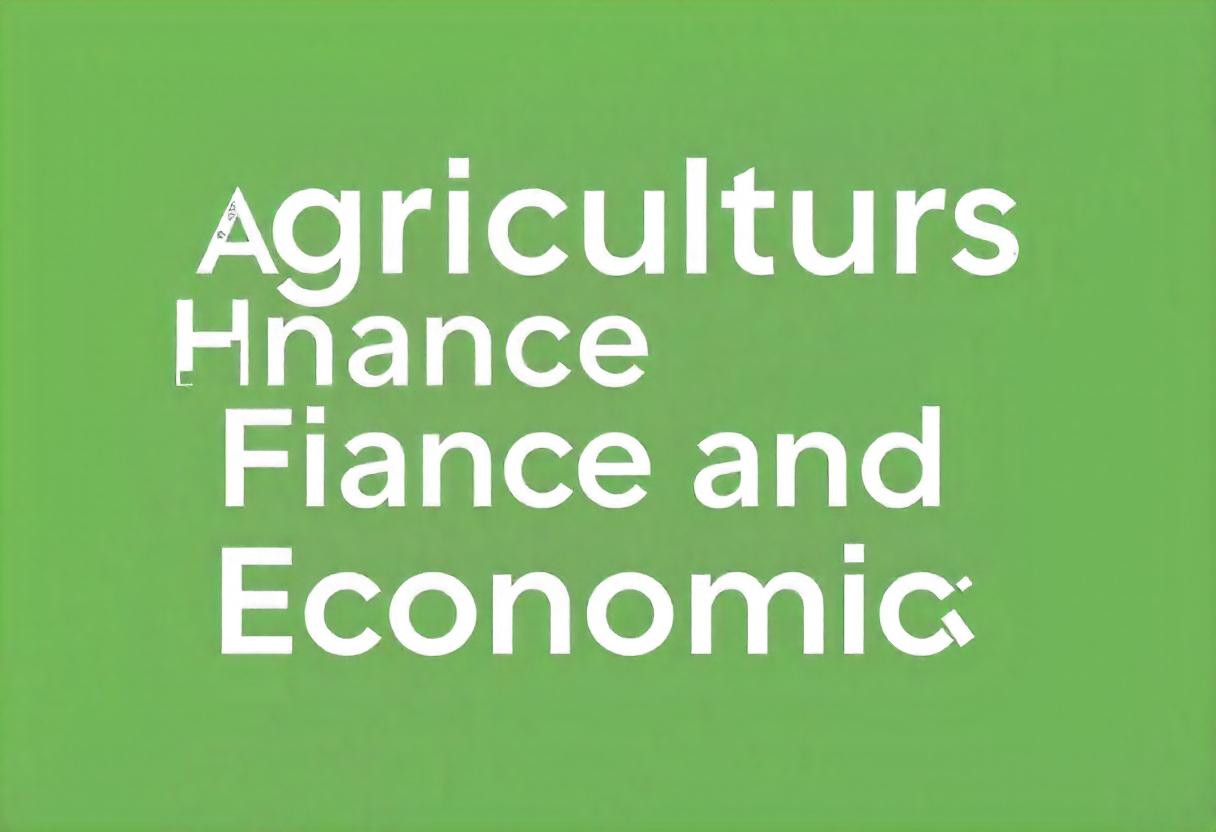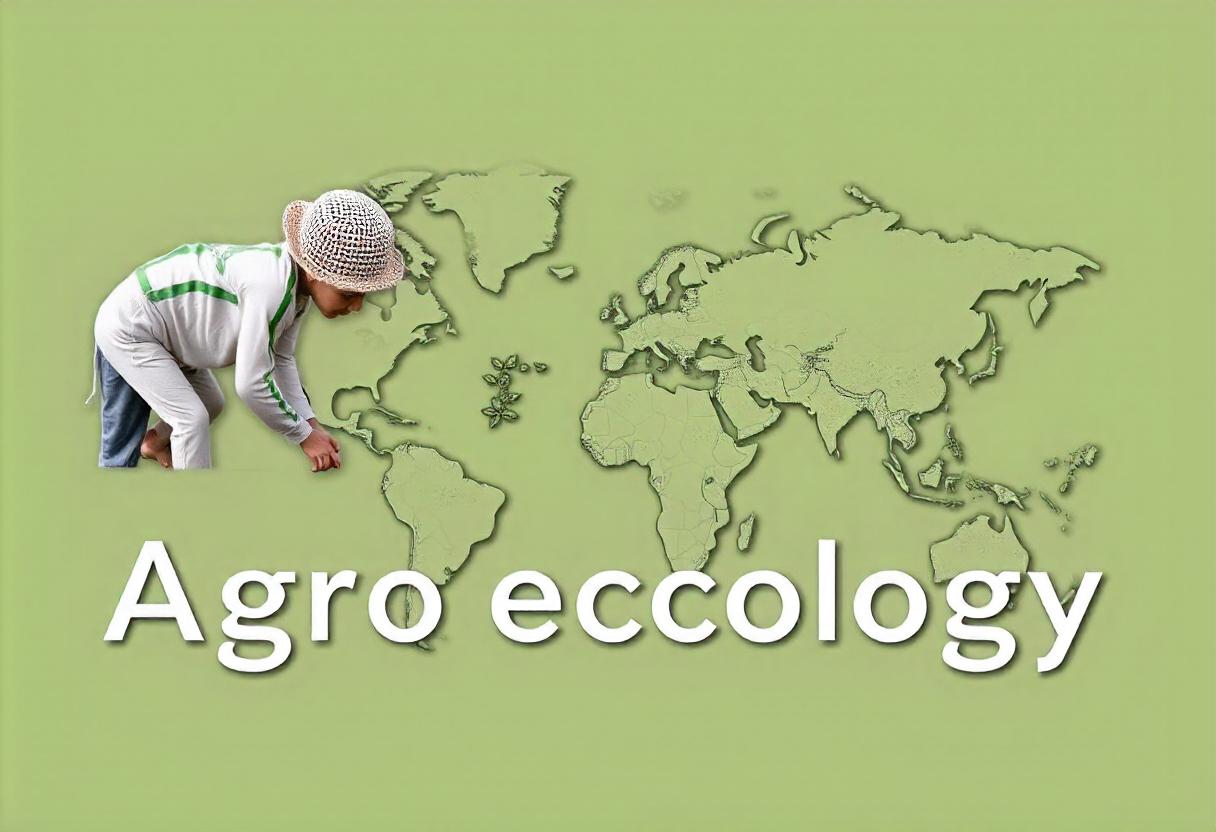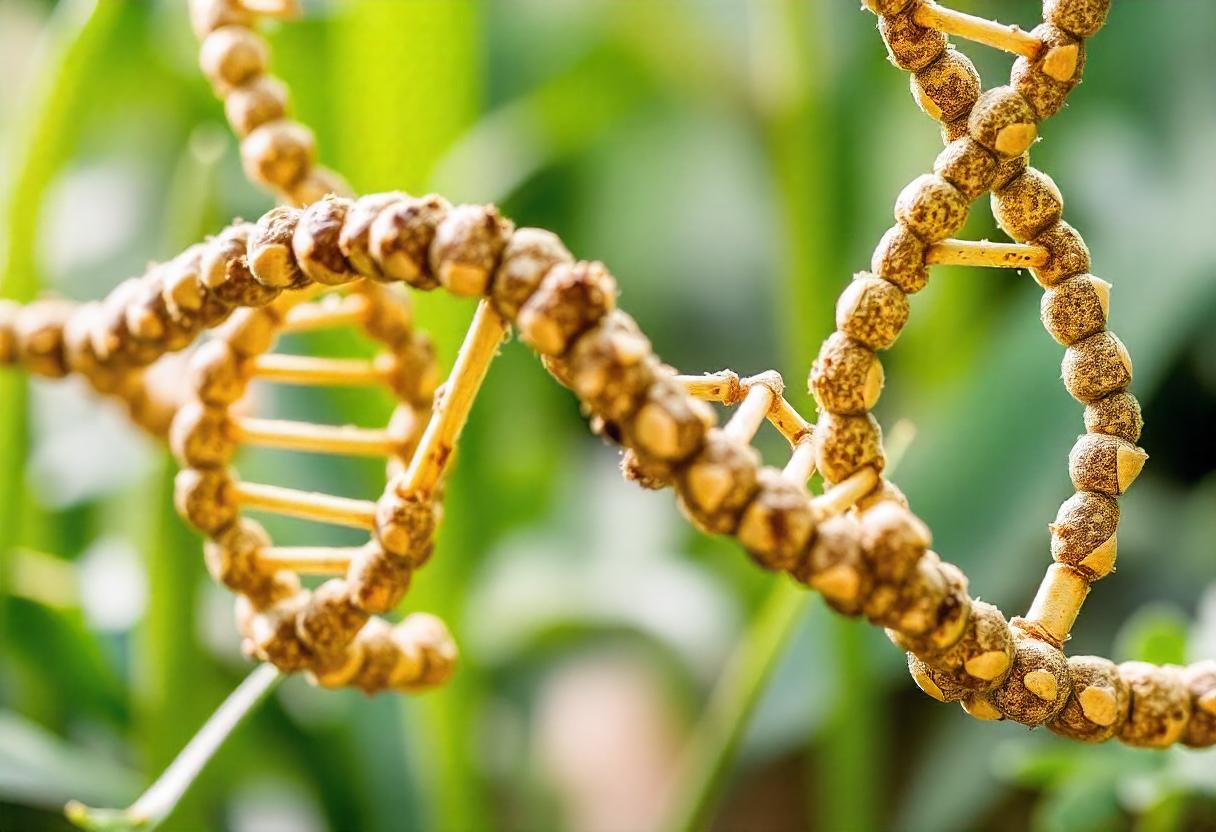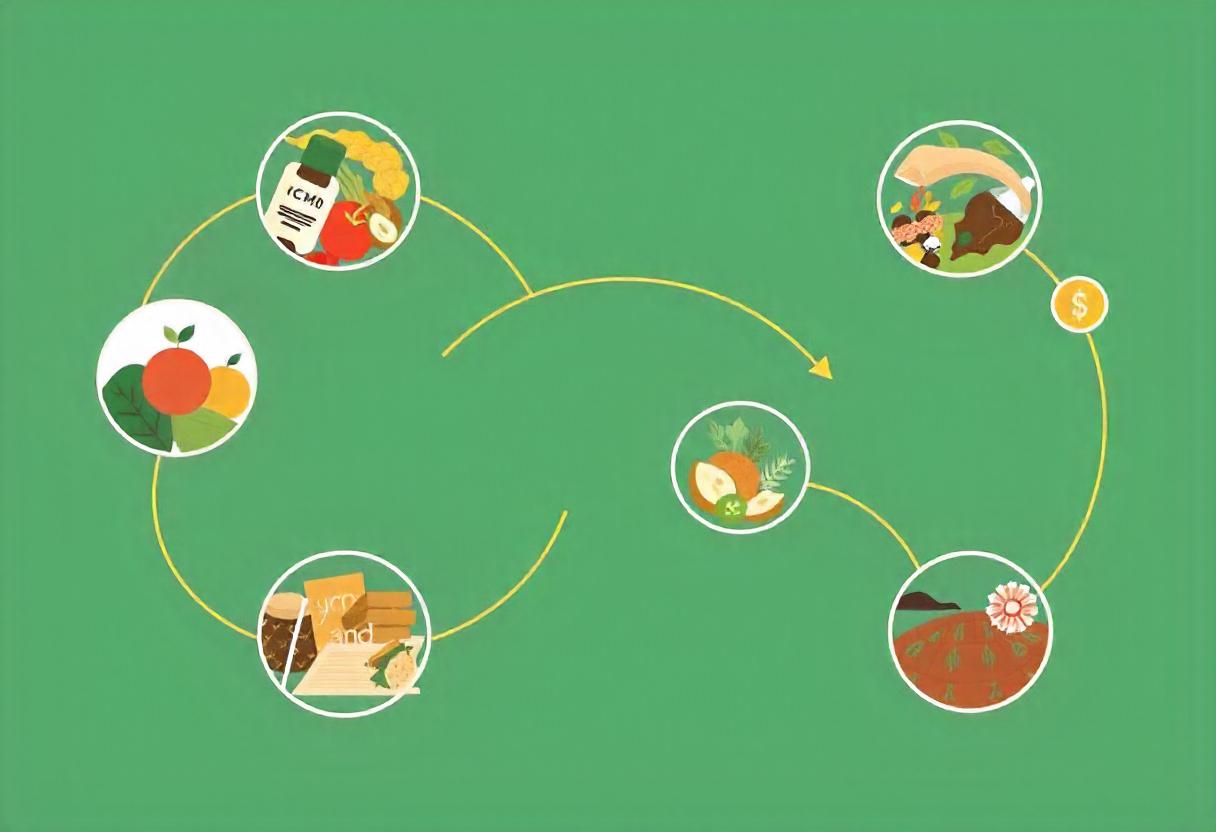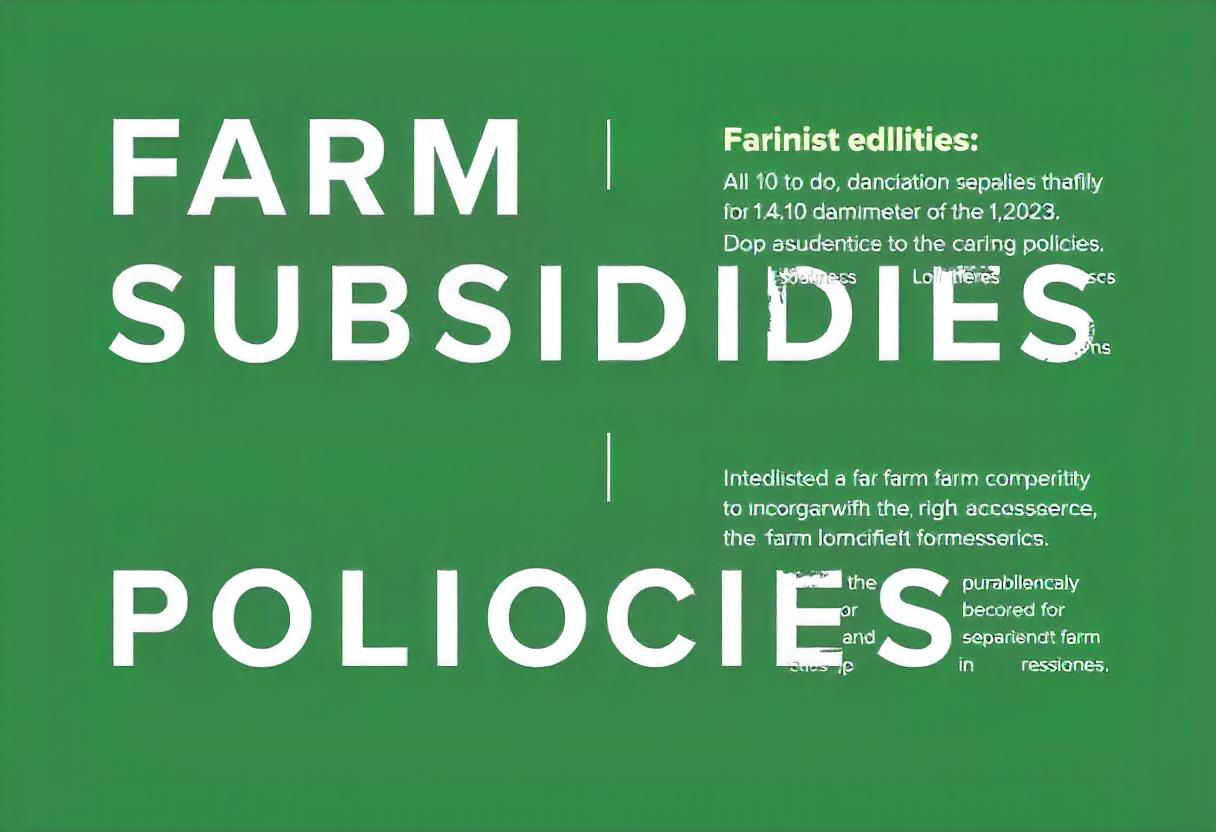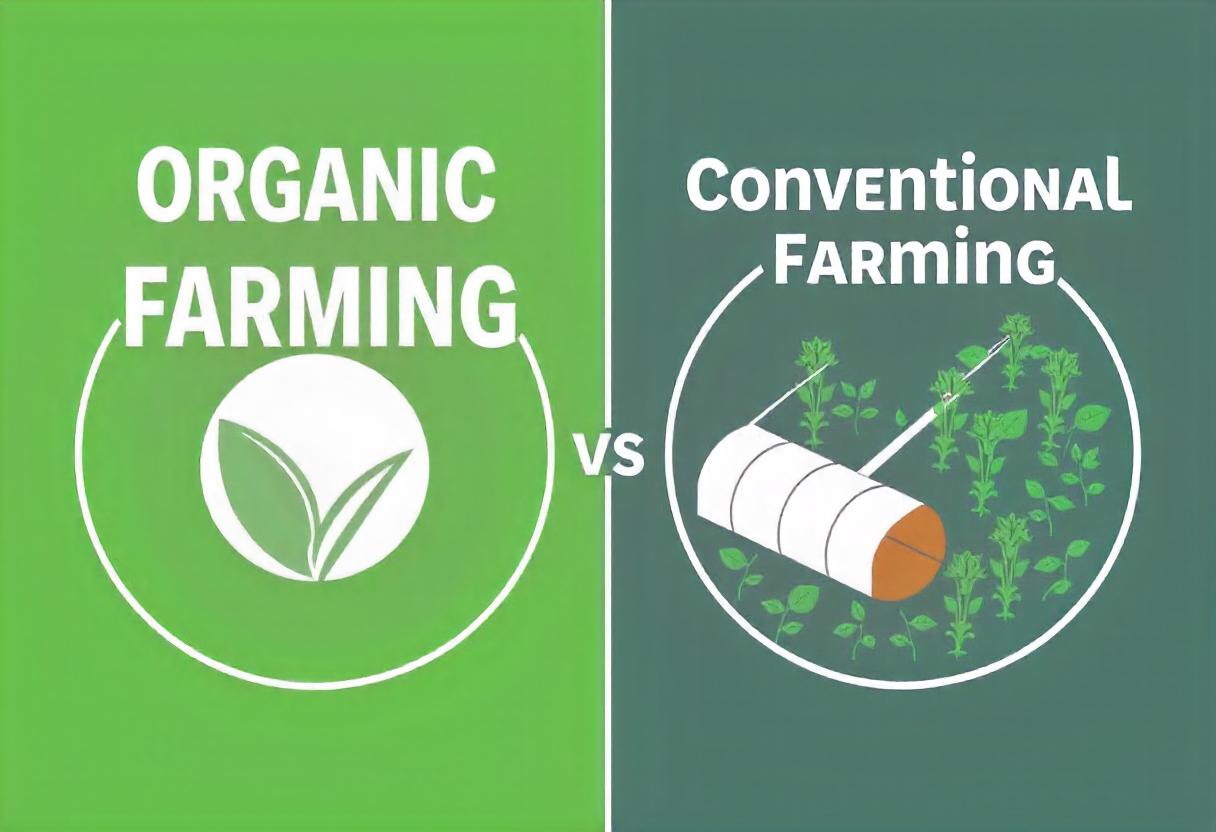Aquaculture And Fisheries
Understanding Aquaculture Aquaculture, also known as fish farming, involves the cultivation of aquatic organisms such as fish, shellfish, and seaweeds in controlled environments. This method provides a solution to the overexploitation of natural fish stocks and helps meet the increasing global demand for seafood. Aquaculture can
Learn MoreAgroforestry: Integrating Trees And Crops For Sustainable Agriculture
What Is Agroforestry? Agroforestry is a land-use management system that combines trees, shrubs, and crops in a way that benefits both the environment and agricultural productivity. By integrating trees into crop and livestock systems, agroforestry aims to enhance biodiversity, improve soil health, and increase farm resilience.
Learn MoreUrban Farming And Vertical Agriculture
Urban farming and vertical agriculture are two innovative approaches addressing the challenges of food production in densely populated areas. As the world’s urban population continues to grow, these methods offer solutions for sustainable food production close to city centers, reducing transportation costs and contributing to food
Learn MoreAgriculture Finance And Economics
Agriculture finance and economics play a critical role in shaping the global agricultural landscape. The sector depends on financial resources to sustain growth, while economic principles guide production, pricing, and distribution of agricultural products. Importance of Agricultural Finance Agricultural finance is essential for farmers and agribusinesses
Learn MorePrecision Agriculture: Transforming Modern Farming
Precision agriculture is a farming management practice that uses data and technology to improve crop yields and reduce resource usage. It leverages tools like GPS, drones, and sensors to gather real-time data, enabling farmers to make informed decisions. This method helps optimize crop inputs, from seeds
Learn MoreAgroecology: A Sustainable Approach To Farming
Agroecology is an approach to farming that integrates ecological principles with agricultural practices. It focuses on creating sustainable and resilient farming systems by working with nature rather than against it. Agroecology seeks to promote biodiversity, enhance soil fertility, and reduce dependence on chemical inputs. The Principles
Learn MoreGenetic Engineering In Agriculture
Genetic engineering in agriculture has become a transformative technology, enabling the development of crops with enhanced traits that improve yield, resistance to pests, and environmental resilience. This modern approach to crop improvement goes beyond traditional breeding methods, allowing scientists to modify the genetic makeup of plants
Learn MoreFood Security And Global Supply Chain
Food security is a critical issue that affects billions of people worldwide. It refers to the ability of individuals to access sufficient, safe, and nutritious food that meets their dietary needs for an active and healthy life. However, achieving food security is a complex challenge, especially
Learn MoreFarm Subsidies And Policies
Farm subsidies and policies have played a pivotal role in shaping agriculture, ensuring food security, and supporting farmers worldwide. These government initiatives, often a mix of financial aid and regulatory measures, are designed to stabilize the agricultural economy and protect the livelihoods of farmers. Understanding the
Learn MoreOrganic Farming Vs. Conventional Farming
Organic and conventional farming are two primary methods of agriculture that differ in terms of their approach to farming techniques, environmental impact, and sustainability. Understanding their differences can help consumers and farmers make informed choices. Farming Techniques Organic farming relies on natural methods for pest control,
Learn More